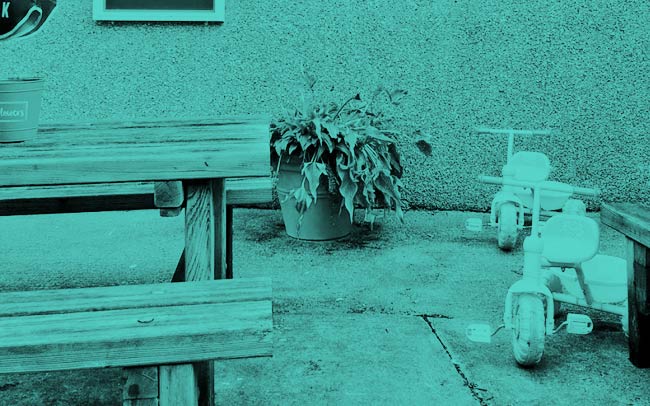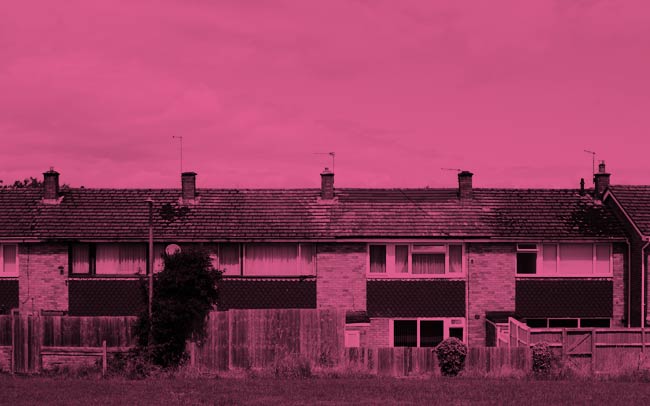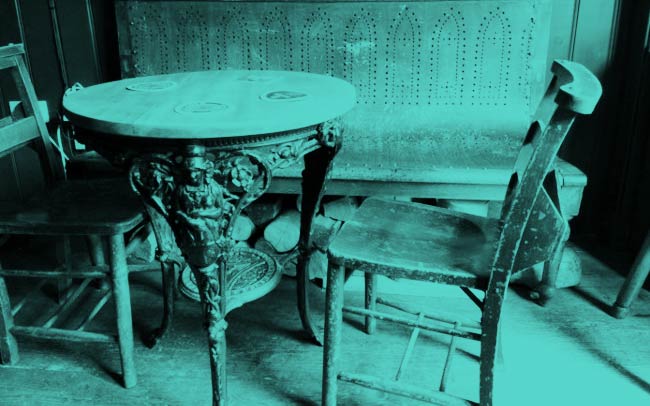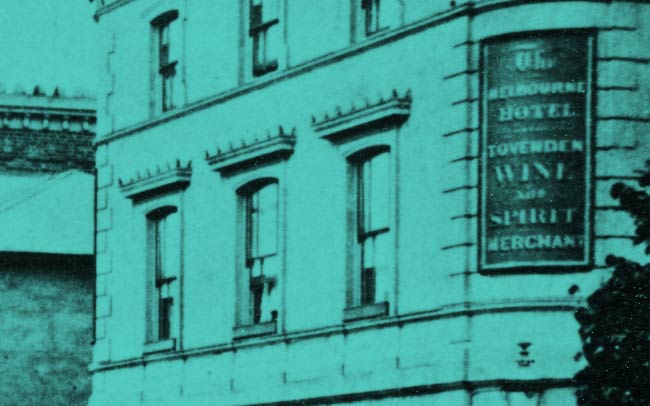Visit the Boak and Bailey's Beer Blog site
Here’s all the beer and pub writing from the past seven days that we liked, bookmarked, Retweeted or otherwise noted – from the return of hospitality to Victorian pubs.
The verdict is in: the first week of being (sort of) open pubs have done a miraculously massive amount of business. For the Guardian Molly Blackall has spoken to publicans about the experience:
At the Flying Horse in Rochdale, Greater Manchester, a “mega marquee” capable of holding 350 people was installed in front of the pub in time for Monday’s reopening… Tom McNeeney, who works for Lancashire Hospitality Company, which owns the pub, said the week had been positive and uplifting – if tiring… About 1,400 people turned up on Monday, alongside a number of staff members who had been furloughed. “Everyone was clocking about 30,000 steps a day,” he said. “We’re burning off our lockdown weight.”
 Counterpoint: Mark Johnson has broken ranks to say, meh, it’s not much fun sitting in beer gardens, is it?
Counterpoint: Mark Johnson has broken ranks to say, meh, it’s not much fun sitting in beer gardens, is it?
The doors are open. The gabble of chatter can be heard from the street. The sky is an undisturbed blue. The anticipation has been building for hours as the seats are taken, the orders received and the first glass is placed on the table. The moment is finally here… At least, that is the romanticised version of events that had played in my head for the months leading to this time… Yet as the sun moved across the sky and the pints of beer I wouldn’t normally choose were ordered, the novelty began to wear thin quickly… I have become institutionalised. The way my working days are structured. The walks that I take at the weekend. The time that I spend at home. They have become my normality but they can only exist in a publess world. Coming out of that is proving more difficult.
 For Ferment, the promo magazine of a beer subscription service, Jo Caird has written about an increase in people building pubs in their sheds as a result of being denied the real thing:
For Ferment, the promo magazine of a beer subscription service, Jo Caird has written about an increase in people building pubs in their sheds as a result of being denied the real thing:
Mark and Daniel originally built their garage pub, an age of piracy-themed boozer named after a 17th-century warship, so as to be able to indulge Mark’s father’s pub-going habit as he became less mobile. Before the pandemic hit, Mark would drive over and pick 87-year-old George up every Saturday evening. They’d make a night of it at The Royal Sovereign, often inviting other friends over too, before entrusting the friendly cabbies from the local taxi rank to see him safely home… Mark is missing the sociable side of those evenings but the pub certainly isn’t sitting empty. “You go in there if you’ve got any quiet work to do, it’s a lovely calming situation,” he says.
 At Brewing in a Bedsitter Dave S has been inspired by a piece about pie shops in food newsletter Vittles to reflect on ‘capitalist realism’:
At Brewing in a Bedsitter Dave S has been inspired by a piece about pie shops in food newsletter Vittles to reflect on ‘capitalist realism’:
The basic British boozer – dingy, tatty, wet-led, mostly uninterested in drinks that aren’t beer, almost completely uninterested in in drinks that aren’t alcoholic – seems like more of the same thing: a business from the mid twentieth century soldiering on in the twenty first, simultaneously treasured and threatened because of its refusal to evolve… I think this points to something more complicated in our affection for these places than the simple nostalgia that the Vittles piece talks about. It goes hand in hand with the lionising of the sort of dictatorial landlord who bars punters for looking at a chair the wrong way and of a general “like it or lump it” attitude to giving the customer what they want: “please do not ask for draught lager as a punch in the gob often offends”. I think that part of what appeals to us about these places is the refusal bow to the customer-is-always-right adapt-or-die logic of modern capitalism.
 We’ve written about home-brewing pioneer Dave Line on several occasions, including a chunk of our book Brew Britannia. Now, at Fuggled, Al Reece has decided to revisit Line’s 1970s brewing manuals and see how the recipes hold up:
We’ve written about home-brewing pioneer Dave Line on several occasions, including a chunk of our book Brew Britannia. Now, at Fuggled, Al Reece has decided to revisit Line’s 1970s brewing manuals and see how the recipes hold up:
Dave Line’s Brewing Beers Like Those You Buy was a well thumbed tome during my dad’s homebrewing years, and I remember dipping in and out of it as a teenager. There was something intriguing about all these foreign beer recipes, their strange sounding names, exotic ingredients, and in some cases recently revolutionised countries. I couldn’t in all honesty tell you what I found interesting about the book, but when I started brewing my own beer back in 2009, I knew I wanted to hunt down a copy of my own, dad’s having been lost in any one of a series of moves… I decided that it would be fun to go for a recipe from a much reviled brewery, thus the first beer to get the VelkyAl treatment was Watney Mann Special Mild.
 The archivists at the London Borough of Sutton have been sharing detailed histories of pubs in the area illustrated with glass plates from a recently digitised collection. This week, they provided notes on The Melbourne Hotel, Wallington:
The archivists at the London Borough of Sutton have been sharing detailed histories of pubs in the area illustrated with glass plates from a recently digitised collection. This week, they provided notes on The Melbourne Hotel, Wallington:
The most likely scenario for the Melbourne’s construction dates it to 1850 on the initiative of Edmund Batley Beynon. He was a J.P. and rector of St. Leonards in Chelsham. The name chosen derived from Lord Melbourne, who died in 1848. He was a favourite P.M. of Queen Victoria and also known as the cuckolded husband of Lady Caroline Lamb who famously portrayed Lord Byron, with whom she had an affair, as “mad, bad and dangerous to know”… More certainly, by 1855 the Melbourne had been built and sub-leased to James a.k.a. Thomas Pellett. The lease included the land with inn, stables, coach-houses and outbuildings. He and his wife Sophia moved there from the Black Horse in Reigate Heath… [In] 1856, Edwin Winder purchased a 300 year lease for the Melbourne. At that time it was described as having “good Coffee and Club and Sitting-rooms, and every convenience for doing a first-class business, together with good stabling, coach-house and everything complete”… Edwin became instrumental in the rise of music hall. The Mogul Tavern, where he lived, was converted into Middlesex Music Hall and he subsequently took over the White Lion on Edgware Road to create the Metropolitan Music Hall.
On a related theme, via Twitter, historian of Victorian Britain Lee Jackson highlights the availability of high-resolution scans of some gorgeous 19th century photographs. There are pubs and brewery advertisements in almost every picture and a whole set of galleried inns.
For more good reading check out Alan McLeod’s round-up from Thursday.
News, nuggets and longreads 24 April 2021: Pub/Notpub originally posted at Boak & Bailey's Beer Blog
More...
Counterpoint: Mark Johnson has broken ranks to say, meh, it’s not much fun sitting in beer gardens, is it?
For Ferment, the promo magazine of a beer subscription service, Jo Caird has written about an increase in people building pubs in their sheds as a result of being denied the real thing:
At Brewing in a Bedsitter Dave S has been inspired by a piece about pie shops in food newsletter Vittles to reflect on ‘capitalist realism’:
We’ve written about home-brewing pioneer Dave Line on several occasions, including a chunk of our book Brew Britannia. Now, at Fuggled, Al Reece has decided to revisit Line’s 1970s brewing manuals and see how the recipes hold up:
The archivists at the London Borough of Sutton have been sharing detailed histories of pubs in the area illustrated with glass plates from a recently digitised collection. This week, they provided notes on The Melbourne Hotel, Wallington:




 Reply With Quote
Reply With Quote